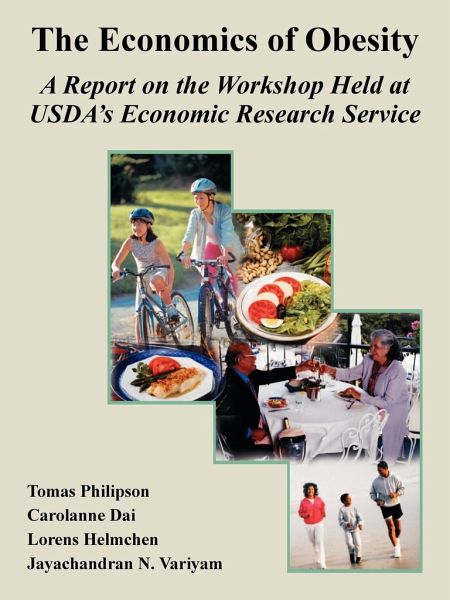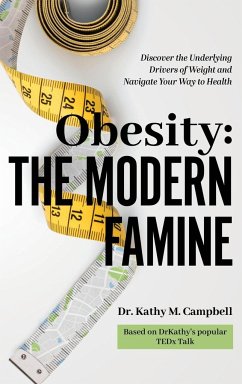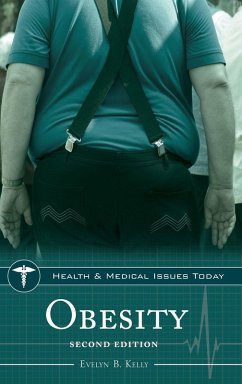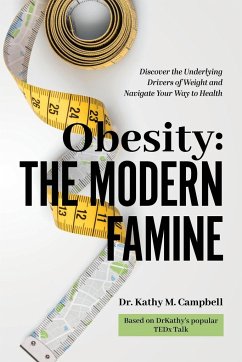
The Economics of Obesity
A Report on the Workshop Held at USDA's Economic Research Service
Versandkostenfrei!
Versandfertig in 1-2 Wochen
11,99 €
inkl. MwSt.

PAYBACK Punkte
6 °P sammeln!
Since the mid-1970s, the prevalence of obesity and overweight has increased dramatically in the United States. The prevalence of overweight has tripled among children and adolescents, and nearly two out of three adult Americans are either overweight or obese. Although high health, social, and economic costs are known to be associated with obesity, the underlying causes of weight gain are less understood. At a basic level, weight gain and obesity are the result of individual choices. Consequently, economics, as a discipline that studies how individuals use limited resources to attain alternativ...
Since the mid-1970s, the prevalence of obesity and overweight has increased dramatically in the United States. The prevalence of overweight has tripled among children and adolescents, and nearly two out of three adult Americans are either overweight or obese. Although high health, social, and economic costs are known to be associated with obesity, the underlying causes of weight gain are less understood. At a basic level, weight gain and obesity are the result of individual choices. Consequently, economics, as a discipline that studies how individuals use limited resources to attain alternative ends, can provide unique insight into the actions and forces that cause individuals to gain excessive weight. In April 2003, the United States Department of Agriculture's Economic Research Service and the University of Chicago's Irving B. Harris Graduate School of Public Policy Studies and the George J. Stigler Center for the Study of the Economy and the State jointly hosted a workshop on the Economics of Obesity. The purpose was to provide an overview of leading health economics research on the causes and consequences of rising obesity in the United States. Topics included the role of technological change in explaining both the long- and short-term trends in obesity, the role of maternal employment in child obesity, the impact of obesity on wages and health insurance, behavioral economics as applied to obesity, and the challenges in measuring energy intakes and physical activity. The workshop also discussed policy implications and future directions for obesity research. This report presents a summary of the papers and the discussions presented at the workshop.














